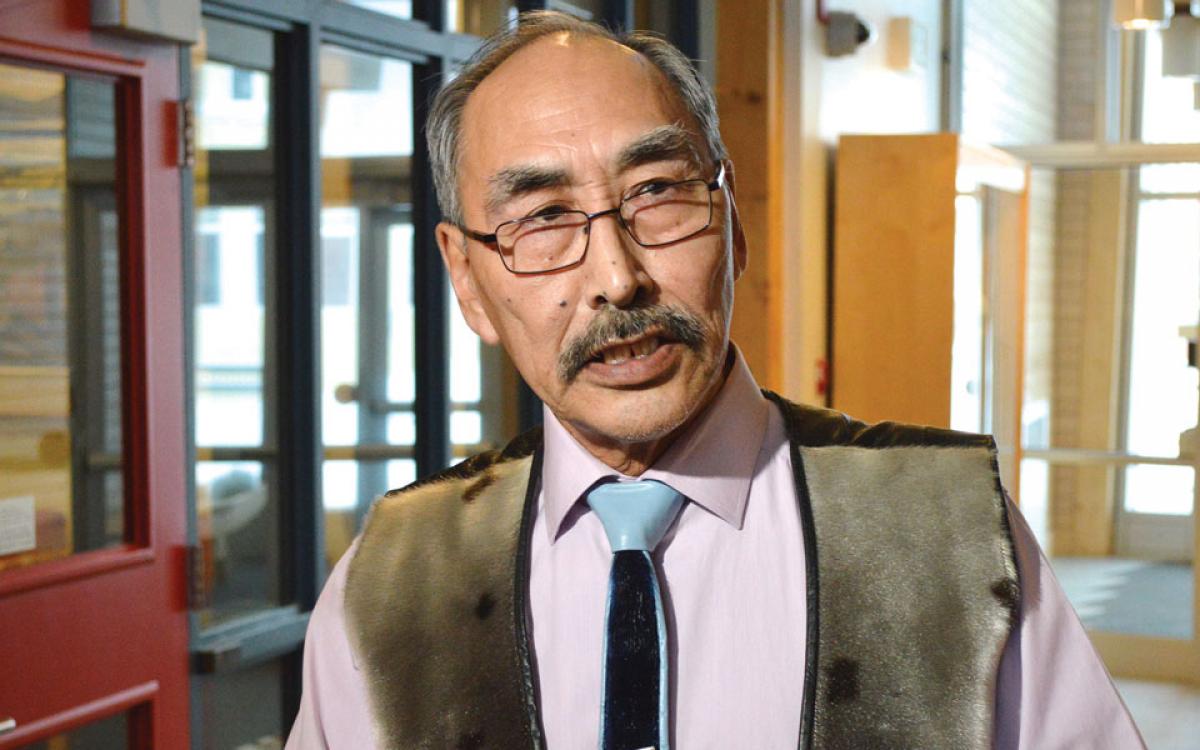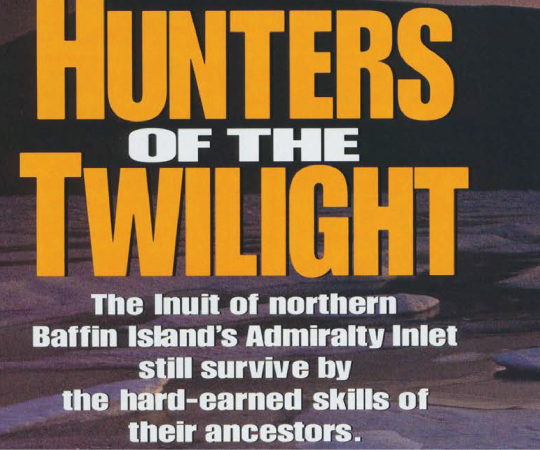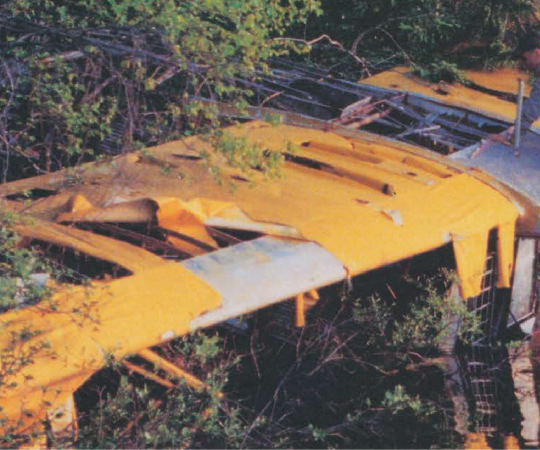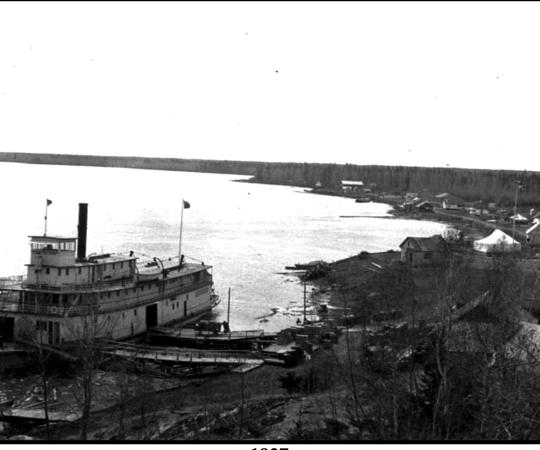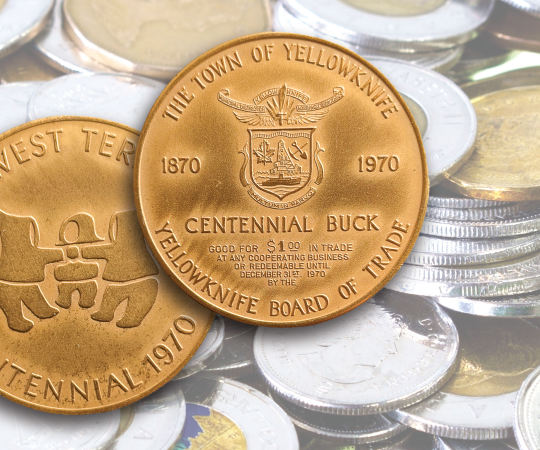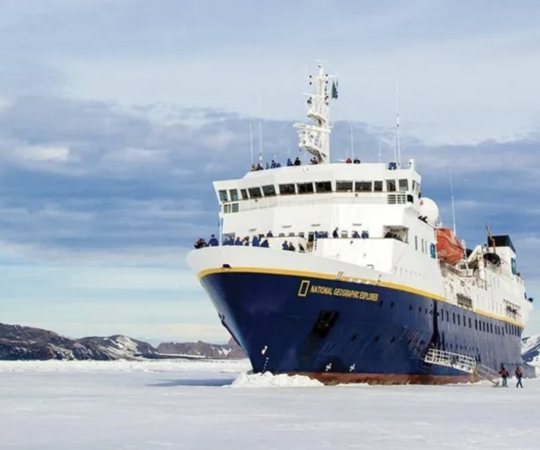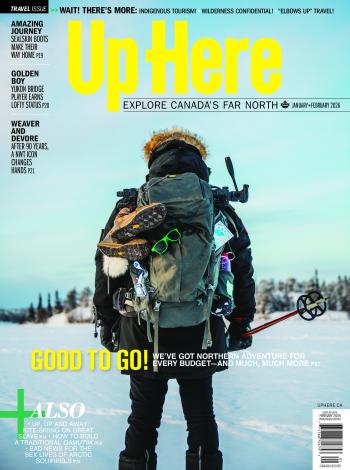Nearly 25 years ago, Paul Quassa signed the document that created Nunavut. Now, as premier of its government, he wants to ensure it stays true to the reasons Nunavut was negotiated for in the first place—to deliver programs that improve the quality of life for Nunavummiut and also strengthen Inuit cultural institutions and language.
Quassa, 66, was born in an iglu at a hunting camp outside Iglulik. He’s worked as a filmmaker for Isuma Productions and as a CBC broadcaster. Quassa also led the Tunngavik Federation of Nunavut during land claim negotiations in the 1980s. He says his familiarity with the original vision for the territory will guide him in his new role.
But he recognizes the territorial government can’t—and probably shouldn’t—do everything by itself. It’s a fact he became acutely aware of late in the last government. Quassa, then education minister, saw his bill aimed at strengthening Inuktitut education die without even committee consideration, after regular MLAs and NTI (Nunavut’s birthright organization) criticized it publicly, saying the bill didn’t go far enough, fast enough. He took his licks—and didn’t take the defeat personally. “This is a consensus government, where everybody can have their own points of view,” he says. “It’s very important to always accept whatever the decision of the house is.” In November, when he made his pitch for premier, some of the same MLAs who opposed the bill supported him for leader.
As of mid-December, Quassa had already met with NTI leadership to get on the same page. “The Nunavut Land Claims Agreement has 42 articles and there are so many obligations in there,” he says. “In order for us to meet those obligations, we need that partnership.” Quassa wants to work with Inuit organizations, the feds, communities and industry to find ways to alleviate the housing crunch and improve social development. “That is very much an Inuit concept of how to survive,” he says, describing how Inuit have always relied upon each other in this harsh country. “That metaphor still applies.”

